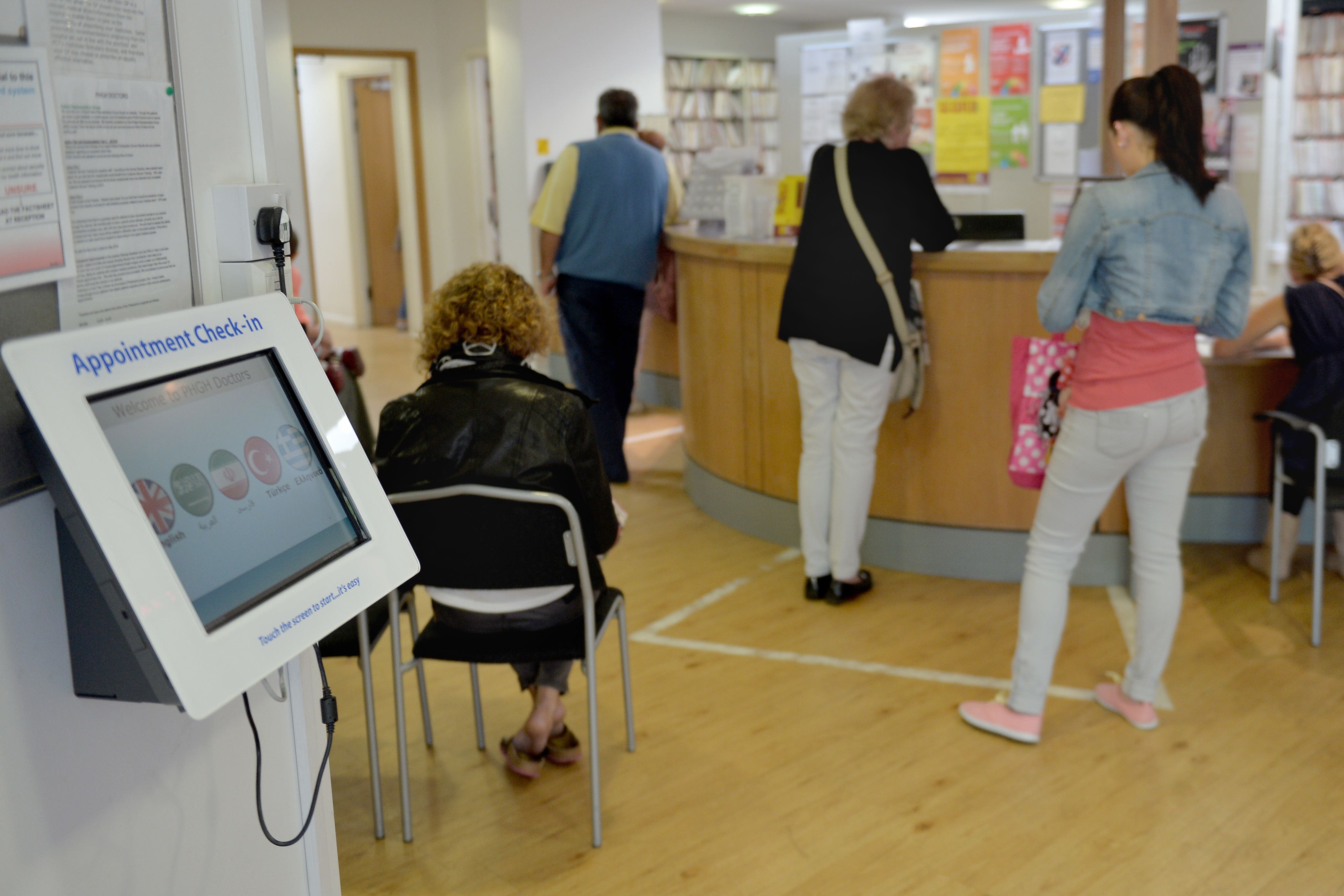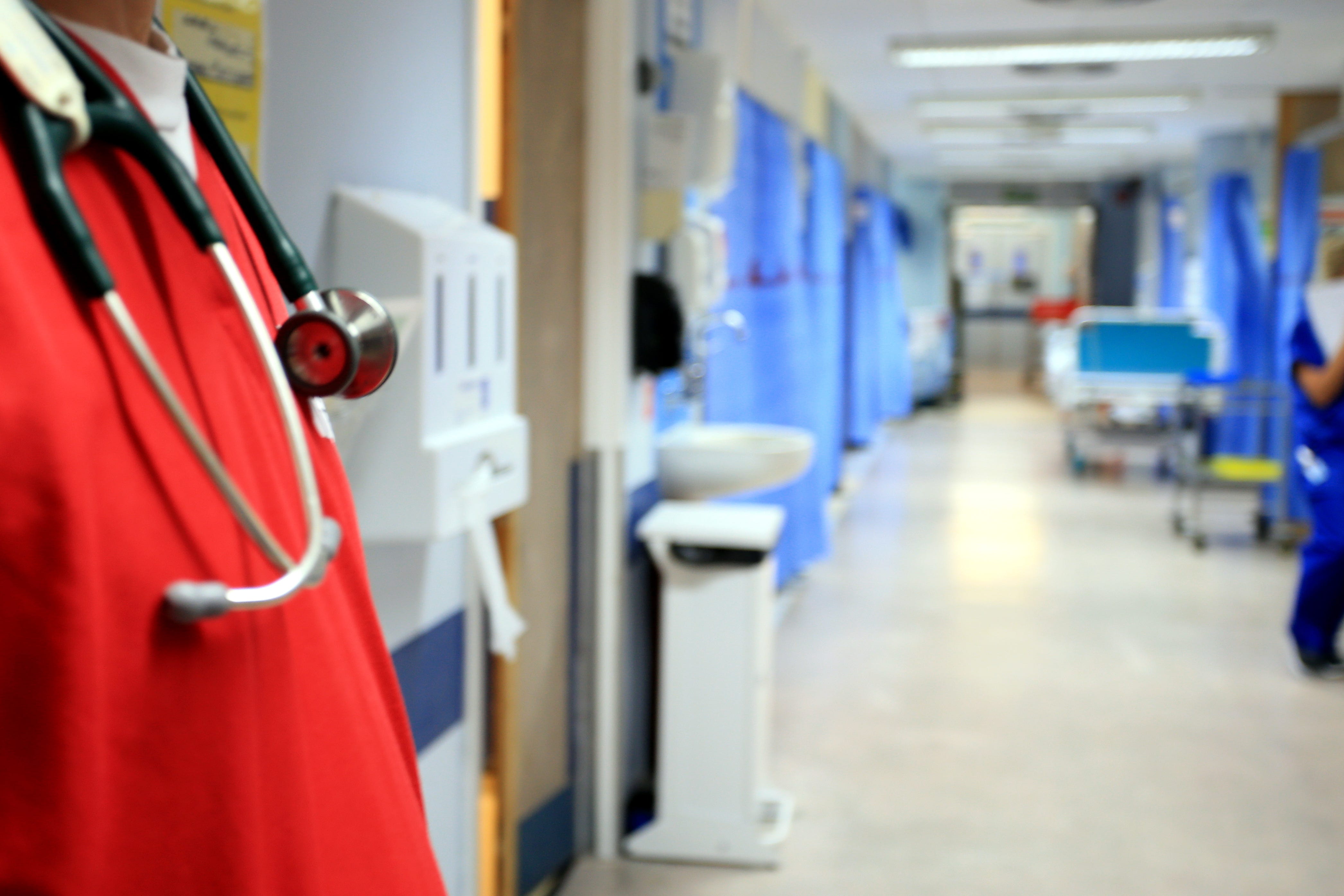Top GP’s warning over doctors’ ‘dangerously high workloads’
It comes after research revealed GPs in deprived areas are responsible for hundreds more patients than their counterparts

Some family doctors in the UK are opting to work part-time contracts, using their days off to catch up on admin to ensure their job is being done properly, according to a top GP.
The Royal College of General Practitioners (RCGP) is calling for action from the Government to take pressure off medics with “dangerously high workloads”.
It comes after RCGP research revealed GPs in deprived areas in England are responsible for hundreds more patients than their counterparts in more affluent districts.
RCGP chairwoman Professor Kamila Hawthorne issued the warning on workloads ahead of the college’s annual conference in Liverpool on Thursday.
In her address to an estimated 1,500 delegates, she will say: “At the heart of this is a workforce that hasn’t kept pace with workload.
“We are delivering 14% more appointments than we were five years ago, but we have fewer qualified GPs – 16% fewer than other high-income countries relative to our population.
“Less than 10% of the total NHS budget in England is spent on primary care and as the Darzi Report confirmed, that share has been falling despite an increase in workload and the movement of extra services into the community.
“What does this mean in real life? It means too many patients crying out for appointments and dangerously high workloads for our members.
“Many colleagues tell me they choose to work part-time contracts just so they have enough time to do the job properly. They use their days off to catch up on admin and to try to be on top of things. We cannot continue like this.”
RCGP analysis released ahead of the conference found doctors in deprived areas are caring for 2,450 patients per head, some 300 more than GPs in wealthier areas.
Patient numbers in poorer communities rose by an average of 260 in the past six years, a rise of 12% and almost double the rate of doctors in wealthy areas.
London had the greatest number of registered patients per qualified GP at 2,560, while the South West had the lowest at 2,020, according to the college.
Prof Hawthorne added: “When I became a GP, it was normal to have a list size between 1,600-1,800 patients. The role was busy and challenging, but it was manageable. Our latest figures reveal that the average is now 2,300.
“All GPs work extremely hard, and we would argue that almost all areas are under-doctored, but it can’t be right that a GP in Kingston upon Thames looks after 1,800 patients while a GP in Kingston upon Hull, one of the most deprived places in England, is expected to cover twice that number.
“I have worked in areas of high deprivation, and I know how poverty leads to health inequalities … Surely, as a country, we cannot allow such inequality of health provision to continue to grow.”

Prof Hawthorne will also call for “action that starts right now” from the Government.
“Investing in primary care makes sense for a government committed to the NHS, to financial responsibility and to economic growth.
“The new Health Secretary Wes Streeting is quite right when he describes us as the front door of the NHS, and we’re encouraged by the new Government’s commitment to primary care – but we will need more than fine words.
“We need action that starts right now. In return, we can deliver the reforms the Government is asking for – GPs have always been versatile and innovative, but the Government must work in partnership with us and allow us, ‘as eyes on the ground’, to contribute to the plans for the NHS.”
A Department of Health and Social Care spokesperson said: “This Government is determined to work with the NHS to fix the front door of our health service and ensure everyone can access GP services.
“As a first step we have cut red tape to allow surgeries to hire 1,000 more newly-qualified GPs and have increased funding for practices to manage rising pressures.
“We will also tackle the stark health inequalities in the UK, so all patients receive the care they deserve, when they need it, regardless of where they live.”
Bookmark popover
Removed from bookmarks